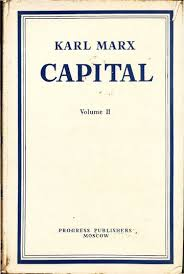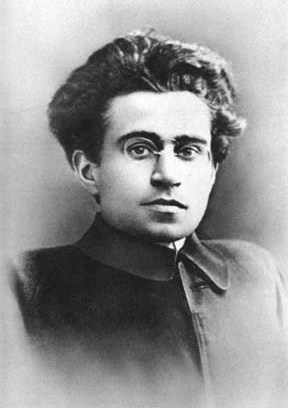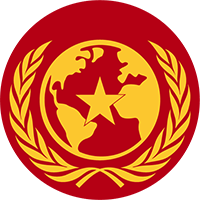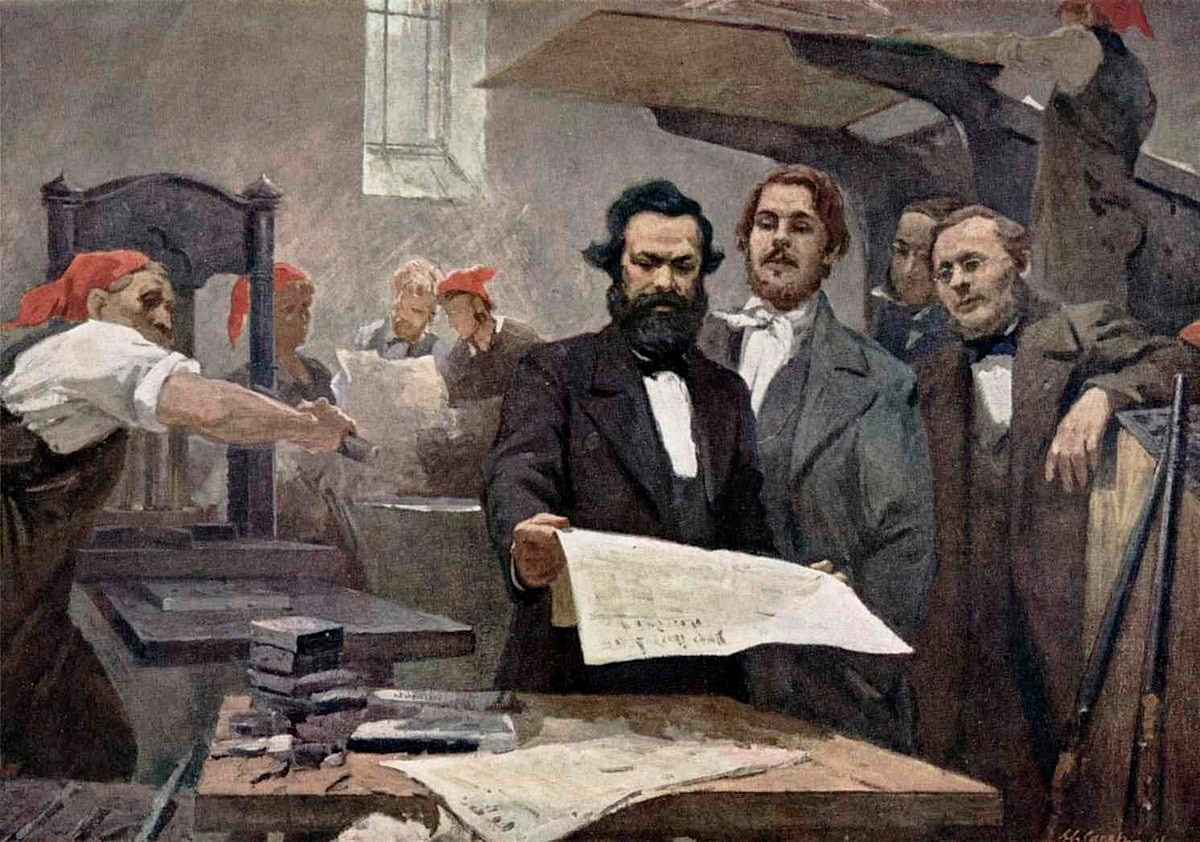More languages
More actions
No edit summary |
No edit summary |
||
| Line 80: | Line 80: | ||
order=descending | order=descending | ||
include=%0 | include=%0 | ||
secseparators=,<br><br>[[%PAGE%|'''Read more''']] | secseparators=,\n<br><br>[[%PAGE%|'''Read more''']] | ||
</dpl> | </dpl> | ||
</div> | </div> | ||
Revision as of 13:10, 24 September 2024
 | |
| Author | Karl Marx |
| First published | 1885 (posthumous) |
| Type | Book |
22 November
- We don't have anything yet on this day, maybe soon! Why not read a random page?
Antonio Gramsci | |
|---|---|
 | |
| Born | 22 January 1891 Ales, Sardinia, Italy |
| Died | 27 April 1937 Rome, Italy |
| Nationality | Italian |
| Known for | Theory of cultural hegemony Writing the Prison Notebooks |
Antonio Gramsci was an Italian Marxist, one of the founders and leaders of the Italian Communist Party. In 1926, he was imprisoned by Benito Mussolini's fascist regime; he spent the remaining years of his life in prison, eventually dying in 1937 of a mix of several health complications.[1] In prison, he wrote a famous series of assorted notes and Marxist analyses known as the Prison Notebooks.
- October 2024
ProleWiki has a brand new homepage! Read our release here.
- 01 March 2024
You can now download our pages as PDF or EPUB books! To do so, open the main menu and click "Create a book" at the far end of it. Then follow the instructions. You can add several different pages to a book, and then download it all as one file. We hope you enjoy this new feature!
- 20 September 2023
We are proud to announce our brand new Essays space! Read our release here. The new custom-built essays frontend looks closer to a blog and whereas the legacy essays space ordered essays by author, this new interface orders them by publication date with a sidebar of available items. It also provides an excerpt of the essay, ultimately all improving discovery.
← Back to all essays | Author's essays Zionism is antisemitism, and Palestine
by CriticalResist
Published: 2023-10-20 (last update: 2024-11-22)
25-40 minutes
Starting from the origins of Zionism through the colonisation of Palestine to the recent Flood of Al-Aqsa operation in October 2023, we aim to set the record straight and debunk Zionist propaganda that aims to retain its cushy privilege in Palestine by any means necessary -- including psychological warfare against the world population.
Read more
Last 7 days (Top 10) |
|||||||||||||||||||||||||||||||||||||||||||||||||||||||||||||||||||||||||||||||||||||||||||
|
|||||||||||||||||||||||||||||||||||||||||||||||||||||||||||||||||||||||||||||||||||||||||||
- ↑ Antonio Gramsci (1971). Selections from the Prison Notebooks: 'Introduction' (pp. xvii–xcvi). New York City: International Publishers. ISBN 071780397X










